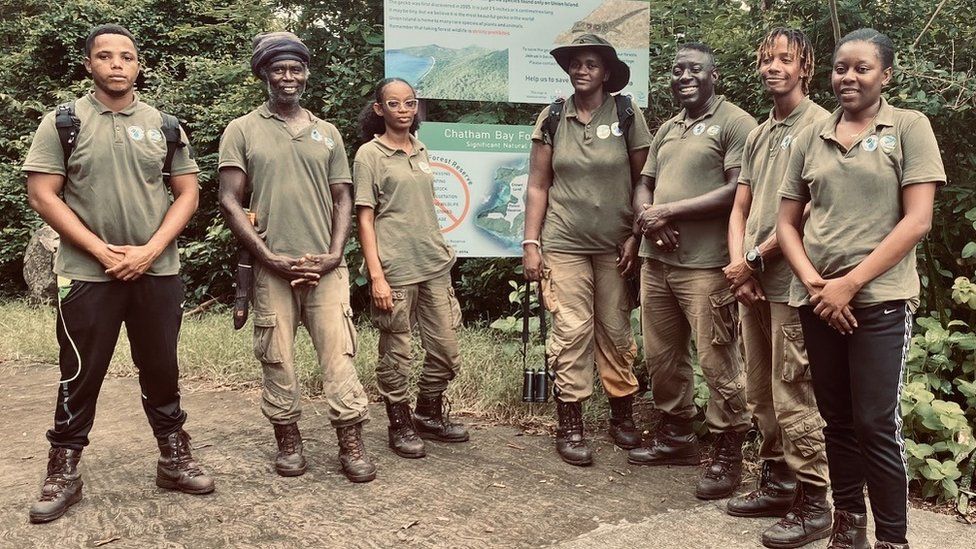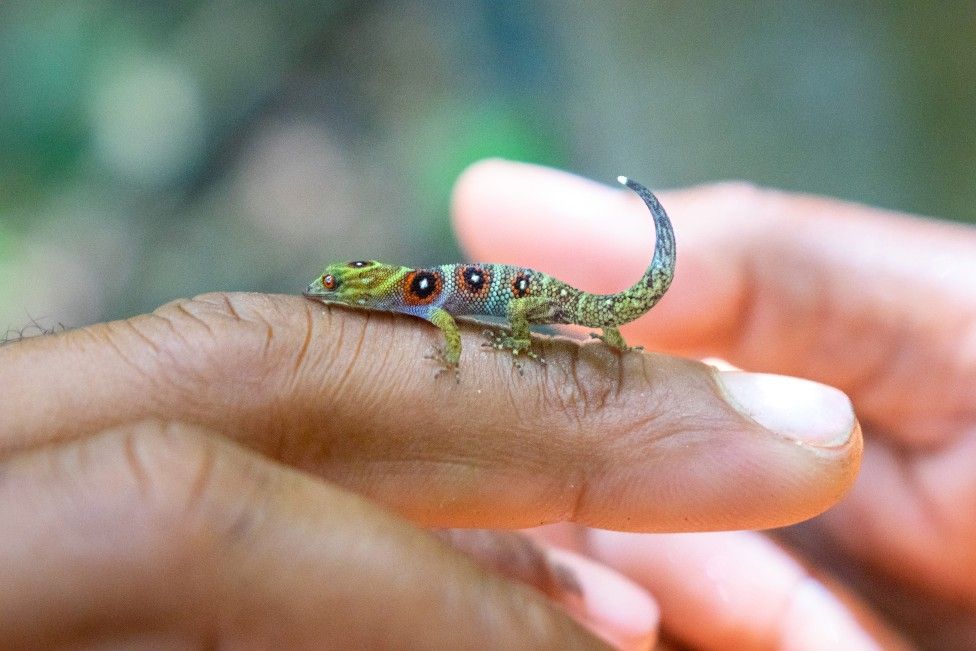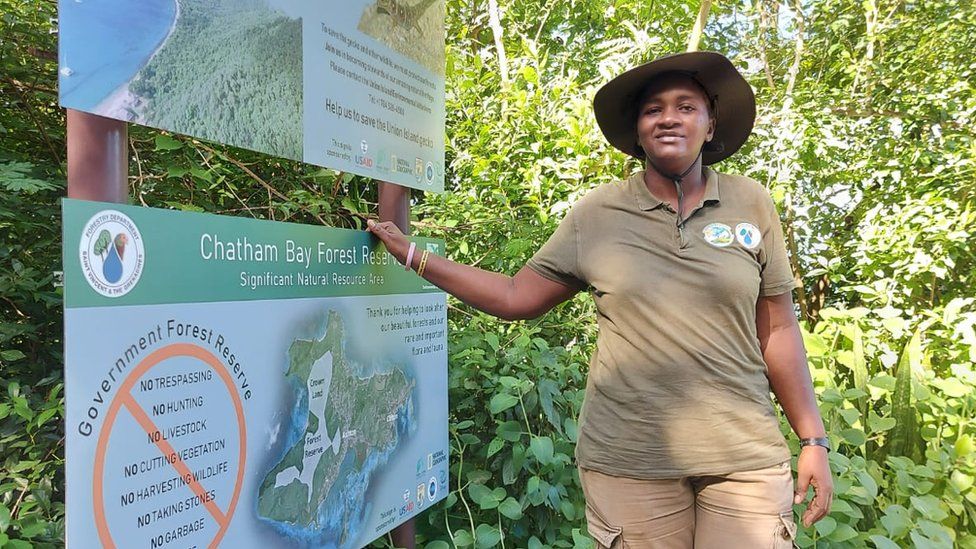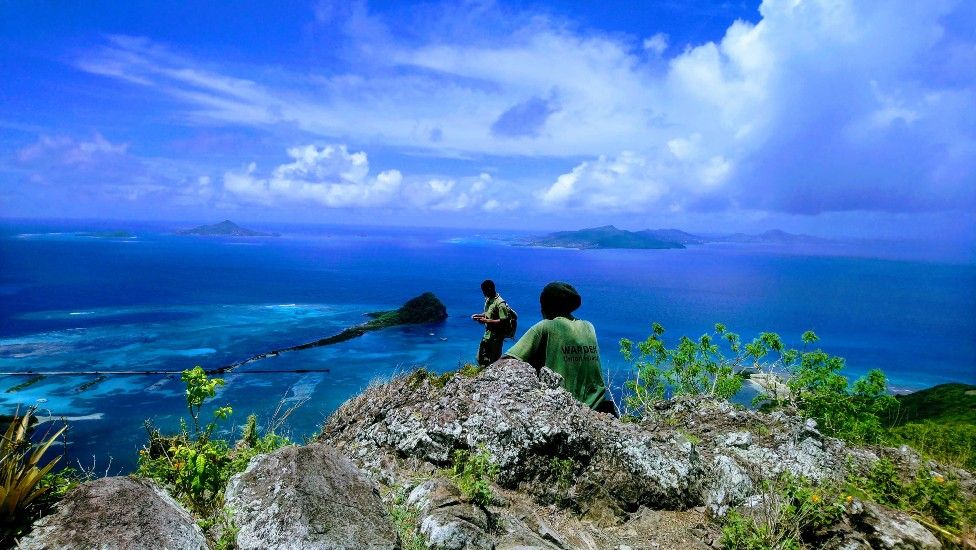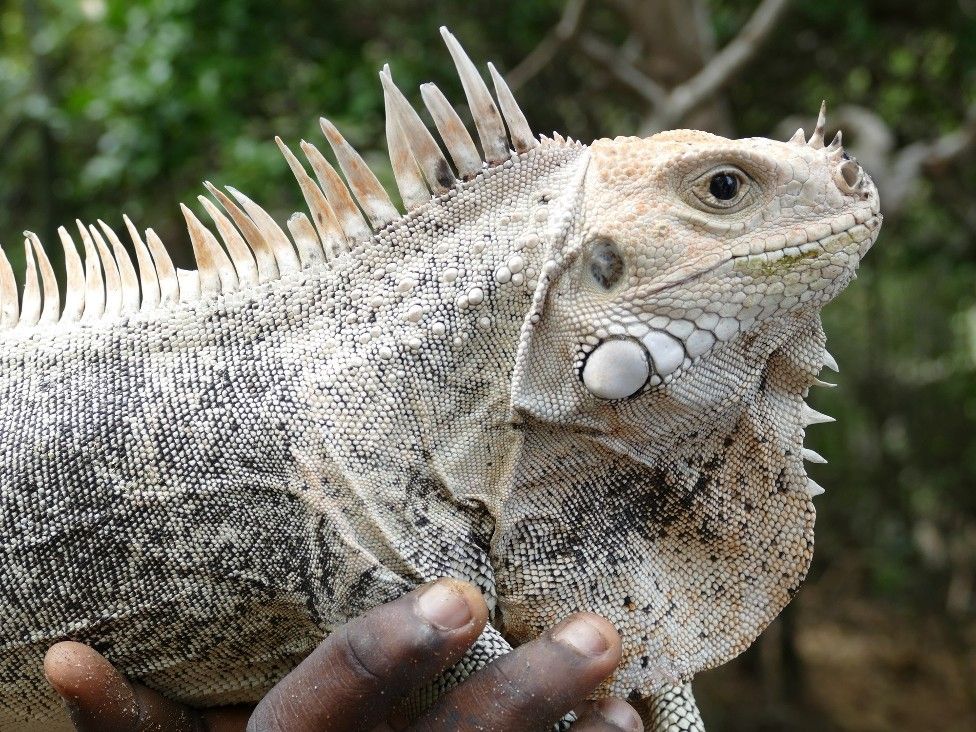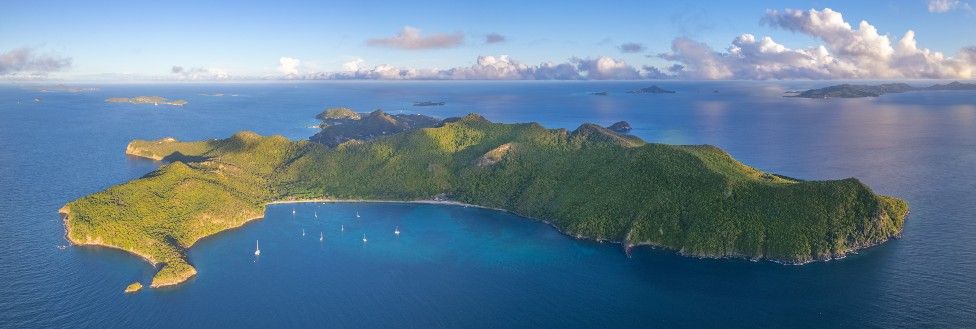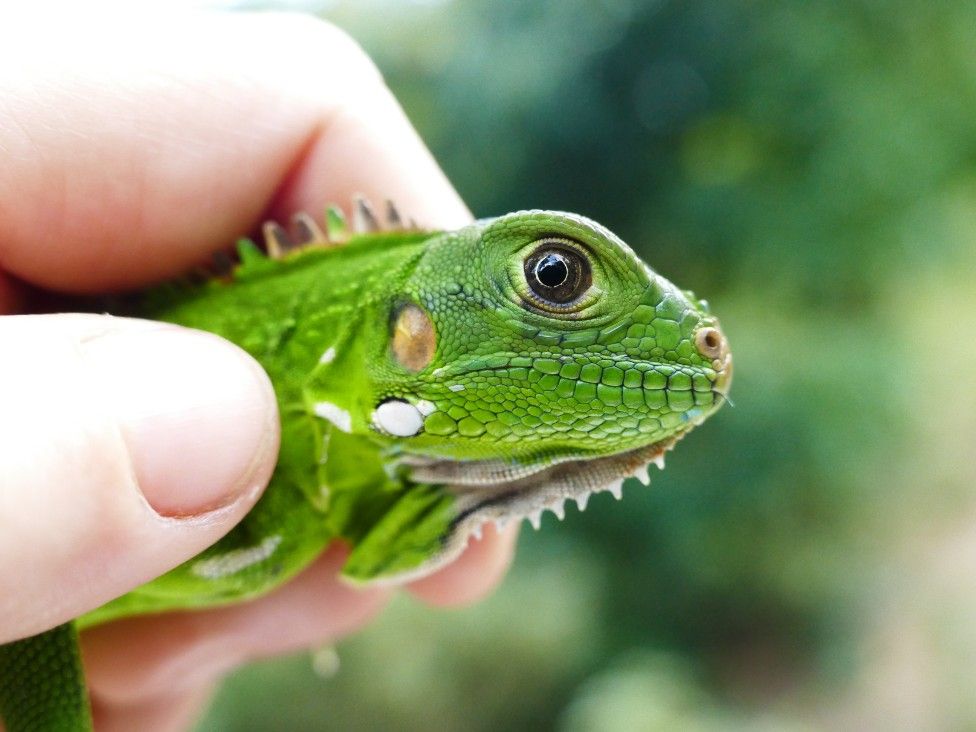In El Salvador, the self-declared ‘world’s coolest dictator’ has overseen a program of arbitrary detention, child arrests, torture, and dozens of deaths.
BY JEFF ABBOTT
DECEMBER 20, 2022
As El Salvador endures the ninth month of President Nayib Bukele’s war on gangs, the Salvadoran human rights organization Cristosal, in conjunction with Human Rights Watch, has issued a report documenting widespread abuses there.
“We are not talking about some policeman or soldier acting insubordinately, violating internal regulations,” Juan Pappier, an analyst with Human Rights Watch, tells The Progressive. “We are talking about widespread human rights violations throughout the country.”
The study was based on more than 1,000 interviews with victims of abuse and their families. According to human rights observers and researchers, many of those arrested have regularly faced torture, arbitary detention, and the absence of due process. The report also documented arrests of children, and the deaths of eighty-four alleged gang members.
Often, these operations by security forces have targeted communities in poverty, adding further terror to a precarious existence.
“[These are] communities that for years have suffered from gang violence and today many of them are really devastated because the people who provided for the households have been captured [by police],” Pappier says.
The report also finds that security forces have benefitted from impunity for their actions during the war on gangs. Police and military have arrested anyone who appears to be “suspicious,” or “acting nervous,” the Salvadoran independent periodical El Faro reported in August.
A “state of exception” lifting individual rights was declared in March of this year by the country’s young president—who has described himself as the “world’s coolest dictator”—after a weekend of violence that left nearly ninety people dead. The new state of exception has resulted in the often arbitrary arrest of more than 58,000 people accused of gang activity.
Homicides and extortions have plummeted during the state of exception, but some argue this trend will swing the other way after the declaration is lifted. Experts with Human Rights Watch fear that these operations could increase gang violence in the future.
“[The decline in homicides] is valuable,” Pappier says. “But there are serious reasons to doubt that these improvements will be sustainable.”
In November, Bukele announced that the country’s anti-gang efforts would enter into a fifth stage, and that he would be deploying the police and military to towns across the country to fight gangs. On December 3, he deployed 10,000 police officers and soldiers to the town of Soyapango, near the capitol city, to “root out gangs in the area.”
The state of emergency was once again renewed on December 15.
Meanwhile, neighboring Honduras also announced that it will also deploy the police and military to select neighborhoods in its two major cities to fight gang activities.
In Honduras, the new left-leaning president Xiomara Castro announced that her government was declaring a state of emergency to combat rampant extortions by gangs across the country. She was surrounded by masked soldiers and police officers—one of whom wore a patch with the logo of Marvel’s “The Punisher,” which has become associated with vigilante police gangs and hate groups in the United States, and has been suggested to mean “social cleansing” in Honduras, one human rights defender in Honduras previously told The Progressive.
On December 3, the Castro administration clarified that the declaration will suspend some constitutional rights in Honduras’ two largest cities, Tegucigalpa and San Pedro Sula, and would only affect certain neighborhoods in order to target gangs that extort millions of dollars from businesses as a “war tax.”
The state of emergency will last for thirty days.
Extortions and gang activity continue to increase across the region. According to the Washington, D.C., based Global Financial Integrity think tank, extortions in Guatemala, El Salvador, and Honduras are estimated to cost $1.1 billion annually.
In Honduras, extortions are estimated to have cost residents and businesses between $52 million and $72 million so far in 2022; in Guatemala extortions have cost individuals between $42 million to $57 million (this data does not include business extortions); and in El Salvador, extortions are estimated to have cost individuals and businesses around $1 billion already this year.
In Honduras, not paying an extortion or “war tax” can turn deadly. According to the Associated Press, fifty bus drivers have been killed so far in 2022, and around 2,500 in the past fifteen years.
But it is important to note that gang members are not the only ones who are demanding payments for protection or extortion. Police, too, are often involved in schemes to extort money out of residents.
It is important to note that gang members are not the only ones who are demanding payments for protection or extortion. Police, too, are often involved in schemes to extort money out of residents.
As of August 2022, there have been twenty-eight bus drivers or their assistants, taxi drivers, or moto-taxi drivers killed in Guatemala. More killings have been registered since then. In the past twelve years, there have been 2,188 victims within the public transportation sector alone.
Human rights advocates are concerned about the potential impacts of this new state of emergency in Honduras, and have rejected the use of the military—especially given the brutal tactics security forces utilized following the 2009 coup d’etat that removed Castro’s husband, Manuel Zelaya, from office.
But the Castro administration is unlikely to go as far as Bukele has gone in El Salvador. Pappier suggests that following Bukele’s model would be a mistake, as the use of the military to respond to gangs “in the long term is an inadequate, counterproductive, and insufficient response to address the problem.”
Honduras’ actions reflect a trend across the hemisphere, where governments have chosen to deploy the military and police to confront social problems and unrest. This has occurred in Chile, Ecuador, Peru—most recently during President Pedro Castillo’s attempt at a self-coup that led to his removal from office and arrest—and consistently in Guatemala in every government since 2014. All of these uses have resulted in violations of human rights.
“We are in a pandemic of ‘states of emergencies,’ ” Pappier says. “Suspending rights is not ever necessary to seriously address security problems. What is needed is serious security policies, criminal prosecutors that know how to strategically address the problem of organized crime, and a strengthening of the justice system.”

Jeff Abbott is an independent journalist currently based out of Guatemala. “The Other Americans” is a column created by Abbott for The Progressive on human migration in North and Central America.









:focal(956x656:957x657)/https://tf-cmsv2-smithsonianmag-media.s3.amazonaws.com/filer_public/e0/7d/e07df706-e6f4-4e5c-975f-2a81f70e6356/20220512_170031.jpg)
/https://tf-cmsv2-smithsonianmag-media.s3.amazonaws.com/filer_public/c5/c3/c5c328d3-1159-4187-9697-e076ea349cdb/i-expedicion_censo_iguanas_rosadas_volcan_wolf-2021_033.jpg)
